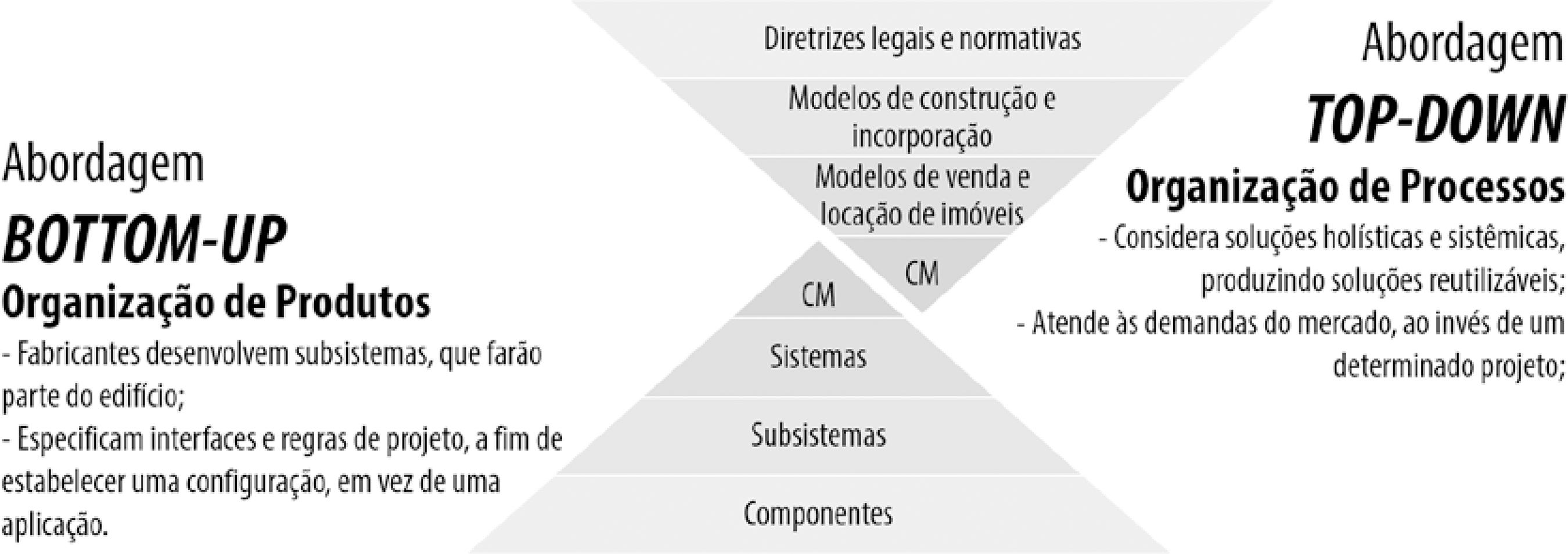Abstract
The logic of housing production has excluded consumers from the decision-making process, assigning to them the responsibility for adapting the dwelling to their own needs after receiving the keys. This leads to waste of resources, it compromises dwellers’ safety and neighbourhood relations, and reduces a building’s lifespan. Thus, it is necessary to propose strategies to minimise the need for renovations of newly built apartments. To clarify the customisation demands in residential buildings in Brazil, we studied the scope of adaptations carried out by dwellers throughout the occupation span of a sample of 62 apartments in the cities of Sao Paulo and Santos. Based on the collected data, we conducted a cluster analysis, identifying three patterns of customisation demands: (1) alteration of finishing, equipment, layout, and openings; (2) addition of equipment unforeseen in the original design, such as bathtubs and air conditioners; (3) expansion through the addition of common areas with limited access, unclaimed by other dwellers. As the latter two patterns distress the building’s skeleton, needing works managed by specialists, we consider technical and legal approaches to enable them through mass customisation.
Keywords:
Customisation; Residential buildings; Empirical-qualitative study; Cluster analysis; Skeleton/Infill System

 Fonte: desenhado pelo autor com base em
Fonte: desenhado pelo autor com base em  Fonte:
Fonte:
 Fonte: desenhado pelo autor com base em
Fonte: desenhado pelo autor com base em